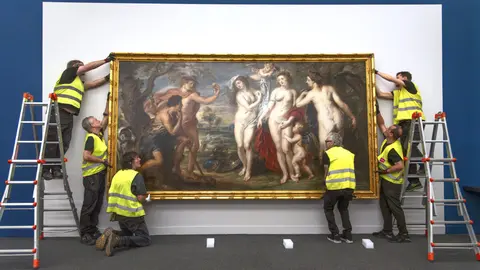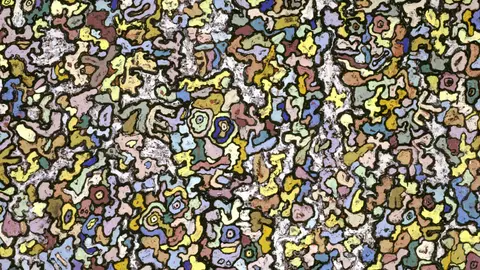Workshops to tackle ageism and promote community and intergenerational action
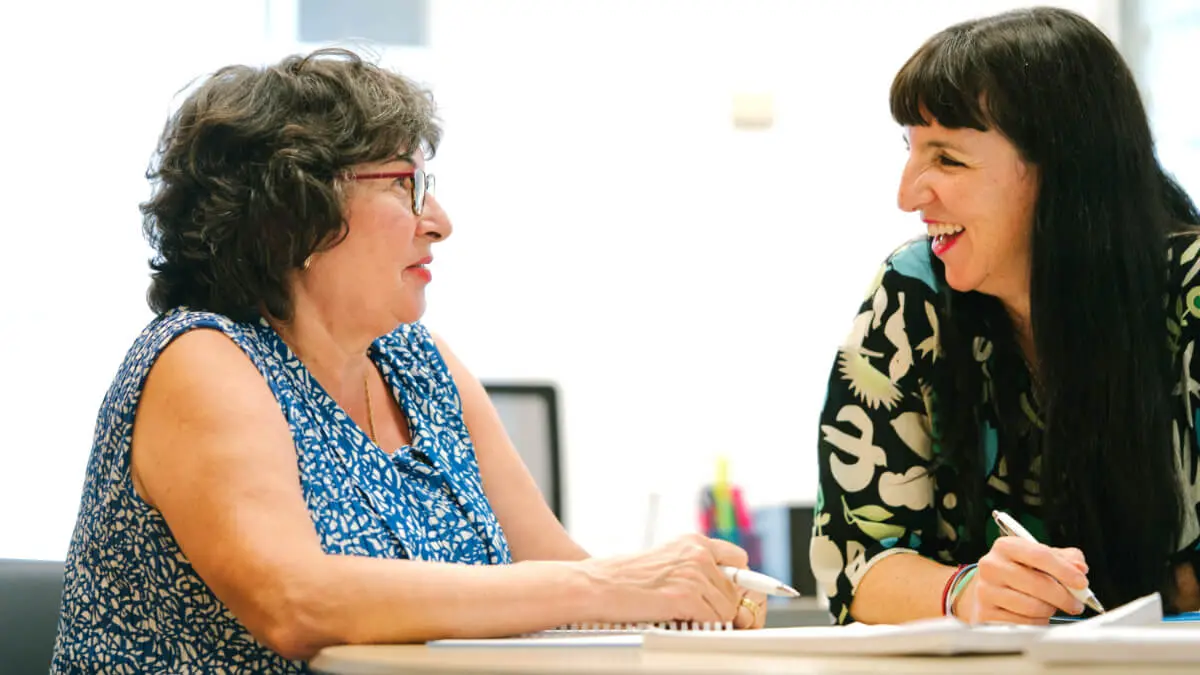
It also promotes new awareness-raising activities among older people in community settings. This proposal is being launched to coincide with the publication of the innovative Glossary on Ageism in Catalonia, which is the result of a participatory process to identify expressions that denote age discrimination and avoid ageist language.
One in three people in Europe is a victim of age-related discrimination at some point in their lives. The term ageism refers to discrimination on the basis of age, especially against older people, and is often reflected in the inappropriate use of language. This phenomenon is related to how we understand old age and ageing, how we relate to other generations and how stereotypes and preconceived ideas about older people are perpetuated, limiting our understanding of the diversity of old age.
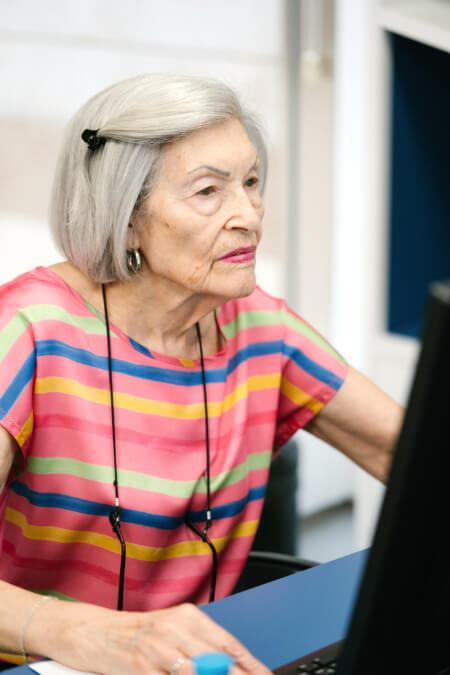
With the aim of raising awareness of this phenomenon, on the eve of World Elder Abuse Awareness Day (15 June), the ‘la Caixa’ Foundation is publishing a Glossary on Ageism in Catalan. The initiative is the result of a rigorous participatory process with older people through activities carried out in the ‘la Caixa’ Foundation’s senior centres in different cities in Catalonia and the Balearic Islands to identify and compile ageist words and expressions. It also involved the social media campaign ‘I’m not your grandparent’, launched on 15 June 2024. Of the more than 400 collected, the 45 most representative were selected and together make up this publication. Each word or expression has allowed for the development of a conceptual reflection on ageism, with a proactive approach that speaks about the dignity of the person and the defence of words with ethical content, in order to raise a clear and accessible reflection on ageism.
In addition, the ‘la Caixa’ Foundation has promoted the new Workshop on Ageism: How to Detect and Prevent It, which will be offered in its 205 centres and those affiliated with public administrations in Catalonia. The workshop aims to provide older people with tools to deal with situations of ageism and, in turn, to be active agents in raising awareness in their community, thus promoting volunteer work. In this way, it promotes awareness of this phenomenon and subsequent action. Among the community actions, intergenerational ones are particularly important.
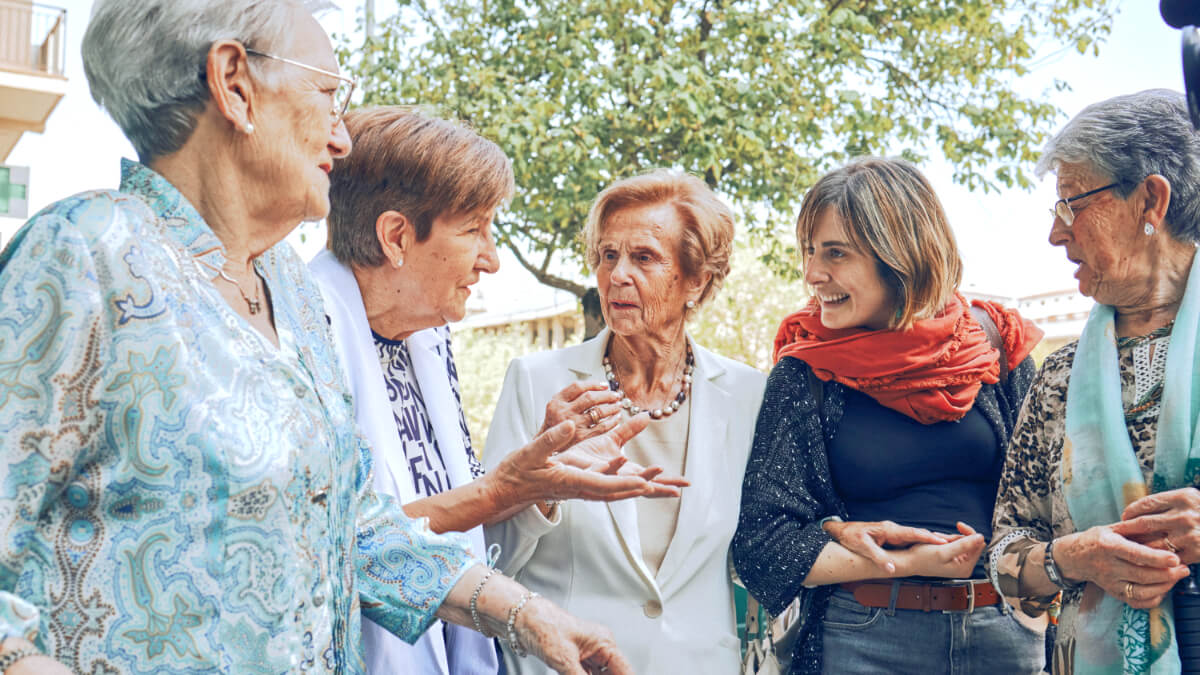
The proposal consists of two participatory sessions that combine activities and conversation and reflection dynamics in a safe space where older people can share their experiences. The aim is to increase older people's knowledge of ageism; improve their skills in dealing with ageism; identify and reduce ageist actions and attitudes towards oneself and others; and raise community awareness to tackle ageism. The programme will address issues such as the use of words and language, the rights of older people, and the importance of education and intergenerational activity in this phenomenon.
In the words of Dr Vânia de la Fuente-Núñez, international expert on healthy ageing and ageism, and collaborator with the ‘la Caixa’ Foundation's Senior Citizens Programme, ‘currently, around 50% of the Spanish population perceives that there is age discrimination against people aged 55 and over’.
‘There are older people who experience ageism and are not aware of it. There are others who are aware of it but do not find spaces to express themselves or do not know how to act. Our aim is to listen to them and encourage participation and community involvement in order to provide tools to reduce stigma and discrimination,’ emphasises David Velasco, director of the Fundación ‘la Caixa’ Senior Citizens Programme.

Likewise, in order to continue raising awareness about ageism and how we perceive and value ageing, the ‘la Caixa’ Foundation is launching the ‘Pointing out ageism’ initiative. Through a social experiment, and under the question ‘To what extent do we prejudge by age?’, it seeks to demystify preconceived perceptions of older people. For example, being a YouTuber at 87, studying humanities at 74 or swimming 2,000 metres every day at 77.
In addition, to continue reflecting and delving deeper into ageism and the keys to preventing it, the organisation has held a new debate at the Espacio Fundación ‘la Caixa’ Murcia, broadcast via streaming, on this phenomenon: 'Ageism and older people. Towards a more intergenerational and diverse society‘, which featured Montse Celdrán, psychogerontologist and associate professor at the Faculty of Psychology of the University of Barcelona, author of the Glossary on Ageism, and two older people who shared their experiences.
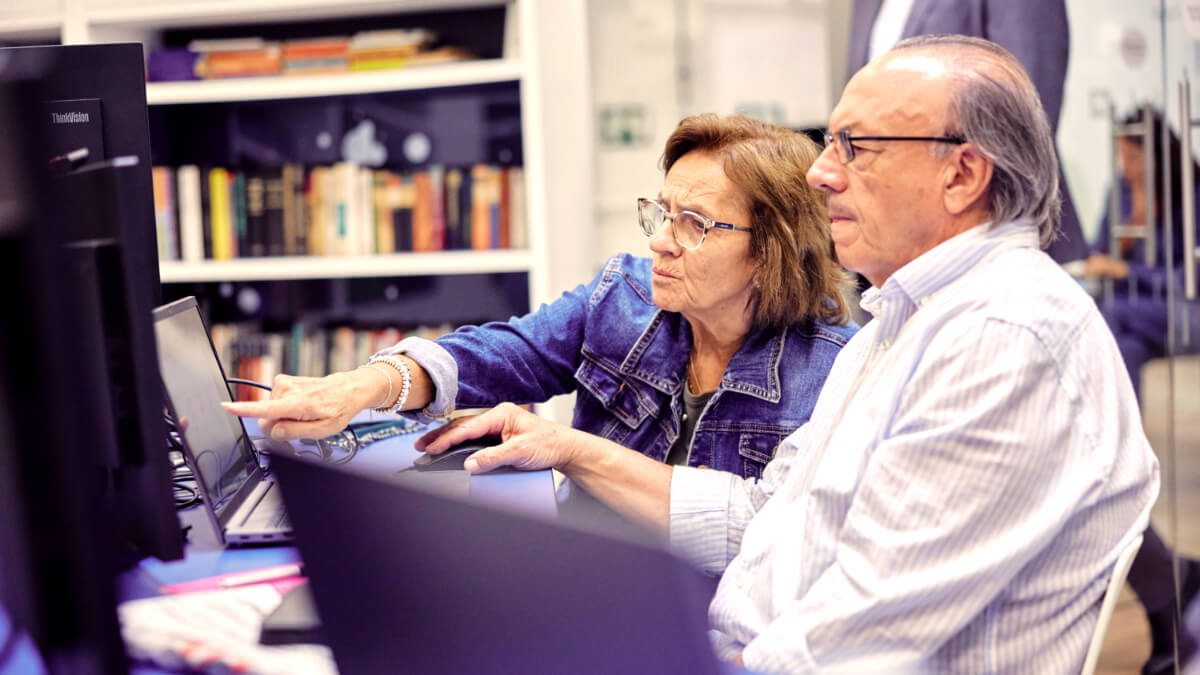
‘Old bag’, ‘old man’ ... Ageist words that create realities
The glossary points out that ageism usually manifests itself in three main ways: infantilisation, depersonalisation and dehumanisation. In the first case, infantilisation causes non-elderly people to maintain a position of power over older people when interacting with them or responding to them, and to treat them as if they were children. An example of this is the use of baby talk or elderspeak, which is a type of language that uses exaggerated intonation, a high tone of voice or a simple register.
Some examples of ageist expressions that infantilise include the widespread use of diminutives such as 'old man' or 'grandpa', or using diminutives of a person's name, as well as the use of possessives such as 'our elders' or 'our grandparents'.
Depersonalisation, on the other hand, consists of not taking into account the uniqueness of each older person, their needs and preferences, and treating them all in the same way. Ageist words that depersonalise include retirees, pensioners, old people, grandparents, etc.
Finally, dehumanisation occurs when empathy is lost in dealing with older people, their autonomy is not promoted, their privacy is not respected or they are not allowed to participate in decision-making. In this case, ageist words would include 'old fogey' or 'old rag'.
The glossary can be consulted and downloaded via this link.
A look to the future
With more than a century of experience, the ‘la Caixa’ Foundation's Senior Citizens Programme has the strategic aim of responding to the current challenges associated with old age. Its current focus is on building models that prioritise “being” over ‘doing’, with a commitment to the development of a personal life project. The idea is to accompany and facilitate a new stage of life that is worth living with awareness, responsibility and meaning, enjoying the present and contributing actively. In this context, it is particularly important to combat isolation and loneliness by promoting bonds of mutual support, self-care and care for those around us.

